#Best Public Administration Optional Classes for UPSC in Kerala
Photo
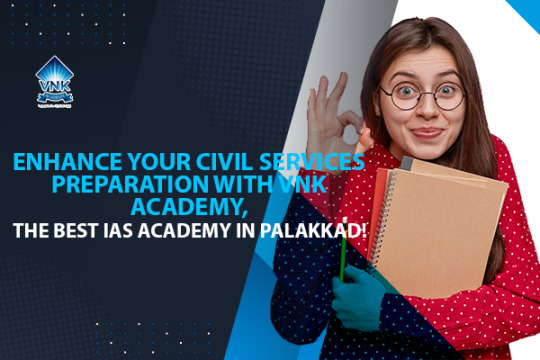
ENHANCE YOUR CIVIL SERVICES PREPARATION WITH VNK ACADEMY, THE BEST IAS ACADEMY IN PALAKKAD!
With VNK Academy, the best IAS academy in Kerala, you won’t have to worry. If you aim to become a civil services officer, then the ideal choice is to choose VNK Academy, the best IAS academy in Palakkad.
#best IAS coaching centre in Kerala#Sociology optional online classes#best public administration optional classes for UPSC in Kerala#best IAS academy in Palakkad#best civil services academies in Kerala
0 notes
Text
WHY SHOULD YOU JOIN FORTUNE IAS ACADEMY, THE TOP RANKING IAS ACADEMY IN KERALA?
Enrolling in one of the top-ranking IAS academies in Kerala is halfway to success when you are looking for a Civil Service Academy in Kerala and aspiring to be a civil servant. Fortune IAS Academy has the best Public Administration Optional Coaching Class in Kerala. It is due to its comprehensive range of services, highly qualified faculties, and its commitment to providing the best possible resources to its students. It is a premier institute for IAS preparation, providing the best Public Administration Optional Coaching Classes to civil service aspirants for many years. The faculties at Fortune IAS Academy is highly experienced and well-versed in UPSC CSE coaching and offers the best Public Administration Optional Coaching Classes. Read more...
#IAS Academy in Kerala#Best IAS Coaching in Kerala#Best IAS Institute in Kerala#IAS Institute in Kerala#IAS Coaching Center in Kerala#Top IAS Academy in Kerala#IAS/IPS Coaching in Kerala#Best IAS and IPS Coaching center in Kerala#Top ranking IAS academy in Kerala
0 notes
Text
The Anatomy of NEET Exam & Education System | UPSC
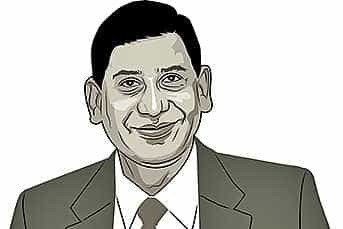
IASbhai Daily Editorial Hunt | 16th May 2020
IASbhai Editorial Hunt is an initiative to dilute major Editorials of leading Newspapers in India which are most relevant to UPSC preparation -'THE HINDU, LIVEMINT , INDIAN EXPRESS' and help millions of readers who find difficulty in answer writing and making notes everyday. Here we choose two editorials on daily basis and analyse them with respect to UPSC MAINS 2020.
EDITORIAL HUNT 82:“NEET is not student-friendly, merit-promoting"
SOURCES: THE HINDU EDITORIAL/EDITORIALS FOR UPSC CSE MAINS 2020
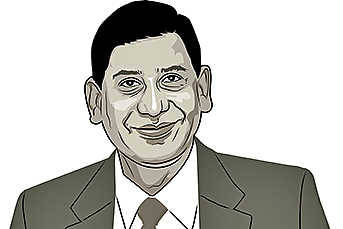
Faizan Mustafa
Faizan Mustafa is an expert of constitutional law.
HEADLINES:
NEET is not student-friendly, merit-promoting
CENTRAL THEME:
In the case of education, over-centralisation is becoming a harsh and painful reality
SYLLABUS COVERED: GS 3:Education
MAINS QUESTION:
NEET is an assault on the autonomy of universities and higher education institutions, particularly private, unaided ones. Discuss -(GS 3)
LEARNING:
Fault lines in our education system.
Examination process and its drawbacks.
Differential treatment !
INTRODUCTION:
“Freedom of individual development is the basis of democracy,” observed the Commission (1948-49) appointed by the Government of India “to report on Indian University Education and suggest improvements and extensions that may be desirable to suit present and future”.
In such States institutions of higher learning controlled and managed by governmental agencies act like mercenaries, promote the political purposes of the State, make them acceptable to an increasing number of their populations and supply them with the weapons they need.
We must resist, in the interests of our own democracy, the trend towards the governmental domination of the educational process.”
NEET EXAM AND THE VERDICT :
But these observations do not seem to have been kept in mind in a judgment this April on the National Eligibility-cum-Entrance Test (NEET), by a three-judge Bench of the Supreme Court, headed by Justice Arun Mishra.
NEET was initially struck down as unconstitutional in Christian Medical College, Vellore (2013) by a 2:1 majority.
It is ironical that while in all other areas including industrial relations, the government is talking about deregulation, in the case of education, over-centralisation is becoming a harsh and painful reality.
Similarly in the name of NEET or the state’s power to “regulate”, the rights of unaided private institutions and minority institutions cannot be violated as regulation cannot annihilate minority character.
Certainly minorities do not have right to “mal-administer” their institutions yet due to admission mal-practices practised by the few institutions, denial of Article 30 rights and Article 19(g) rights of private unaided institutions is absolutely wrong.
BODY:
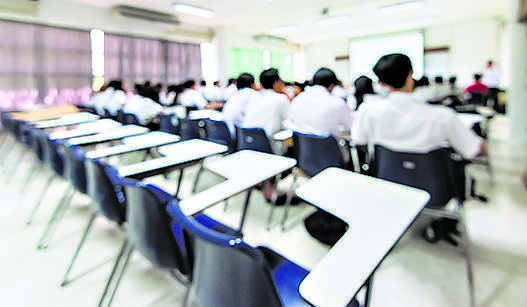
PROS :
SUPPLEMENTARY TESTS : We cannot overlook some of the advantages a student has if there are multiple tests: if he falls ill or has not done well in one test, he will still have a chance to qualify in another without losing a year.
RIGHT TO CHOOSE : It gives a student a right to select an institution of his choice.
CONS :
Is NEET really student friendly? For example, Tamil Nadu has been opposing NEET.
COACHING FACTORIES : With NEET and similar other national tests such as the Joint Entrance Examination and Common Law Admission Test, coaching institutes are prospering; since most of them are in cities, poorer students from a rural background and who have studied in the vernacular medium face a disadvantage.
SYLLABUS VARIATION : There is also large-scale variation in the syllabus and standards of the Central Board of Secondary Education and State boards.
TRANSPARENCY : The NEET paper was leaked twice in the last four years; therefore, there is not much confidence in NEET’s fairness and transparency.
TRANSLATION : In the 2018 NEET, as many as 49 questions had errors in Tamil translation leading to a Madras High Court order to award four marks for each of the 49 wrongly translated questions, or 196 marks to all 1.07 lakh candidates of Tamil Nadu.
The Supreme Court overruled this order as the High Court had arbitrarily ordered giving grace marks to everyone without examining whether the student even attempted such a question.
NEET is considered the best option as our judges genuinely think it promotes merit.
Meritocracy requires competition and equality of opportunity.
MERIT CONSTRUCTION : Is it not a fact that the administrators of NEET and judges do believe that the multidimensional construct of merit can be adequately, if not accurately, measured?
EQUALITY OF OPPRTUNITY : When NEET and other such admission tests do not meet this fundamental criteria, competition cannot be termed as fair and just, and the equality of opportunity becomes illusionary.
LEFT PORTIONS : There is substantial scholarship in the West (Sacks, Freedle, Wells, Camara & Schmidt) that argues that common admission tests cannot measure abilities that are essential for learning such as imagination, curiosity and motivation.
BIASED : Empirical research in the United States on standardised common tests has found that these tests are biased against the poorer and underprivileged sections of population, women and minorities.
Thus there is an element of class in NEET that the Indian judiciary has so far overlooked.
Minority rights are not the violation of the equality provision in Article 14 as the Constitution does permit classification.
In fact substantive equality as opposed to formal equality, mandates differential treatment.
There are even hundreds of minority institutions of Hindus as linguistic minorities.
THE SUPREME COURT ITSELF TERMED ARTICLE 30 AS :
‘an article of faith’ in Lilly Kurian (1978);
a ‘sacred obligation’ in Kerala Education Bill (1957);
‘the conscience of the nation’ in Ahmedabad St. Xaviers College (1974); ‘
an absolute right in Rev. Sidhajbhai Sabhai And Others (1962) and
part of the ‘basic structure’ in Kesavananda Bharati (1973);
Thus minority rights were held as unamendable and inalienable.
If a minority institution wants additional qualifications over and above the NEET score, denial of such additional and superior qualifications undermines its choice.
Even if one concedes the necessity of NEET, centralised counselling due to which several minority institutions and private medical colleges are unable to fill their seats is indeed an ‘intolerable encroachment’.
Moreover, every vacant seat is the national loss.
COVID-19 has only demonstrated India’s extremely poor doctor-population ratio.
The universities and state were treated on a par and an admission test by the university was considered as good as a test conducted by the State.
What a 11-judge Bench really emphasised was that an admission process must be fair and transparent rather than just one test for all institutions.
IASbhai Windup:
Institution follows an identifiable or reasonable methodology of admitting students, the imposition of NEET with mandatory centralised counselling is indeed an unreasonable restriction.
The Supreme Court has consistently held that Article 30 is not so absolute as to be above the law and regulations made in the true interests of efficiency of instruction, discipline, health, sanitation, morality and public order could be imposed.
After all, instruction, sanitation, health and discipline will come into play only after candidates are admitted.
SUGGESTED READING : https://iasbhai.com/editorial-hunt/
Read the full article
0 notes
Photo
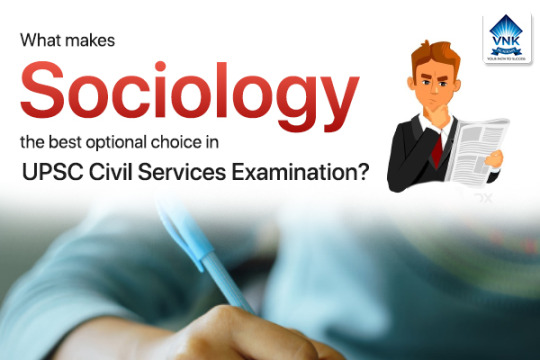
Best sociology optional classes in Kerala are a popular choice among students training for IAS.
#Best Sociology optional classes in Kerala#sociology optional online classes#Best Malayalam Optionals classes in Kerala#Best Public Administration Optional Classes for UPSC in Kerala
0 notes
Photo
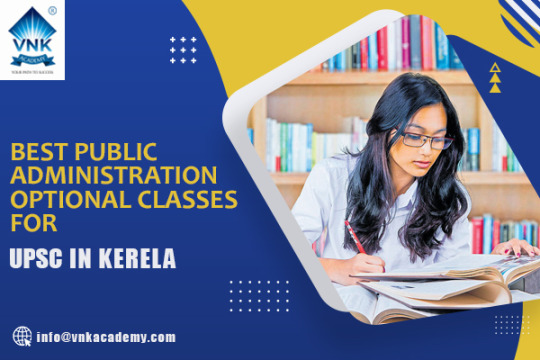
Public administration is considered the most popular optional subject that a candidate can opt for in the UPSC civil services exam.
#Best Public Administration Optional Classes for UPSC in Kerala#Best Malayalam Optionals classes in Kerala#Best Sociology optional classes in Kerala#sociology optional online classes
0 notes
Link
#sociology optional online classes#Best Sociology optional classes in Kerala#Best Public Administration Optional Classes for UPSC in Kerala#Best Malayalam Optionals classes in Kerala
0 notes
Link
#Best Public Administration Optional Classes for UPSC in Kerala#Best Malayalam Optionals classes in Kerala#Best Sociology optional classes in Kerala#sociology optional online classes
0 notes
Link
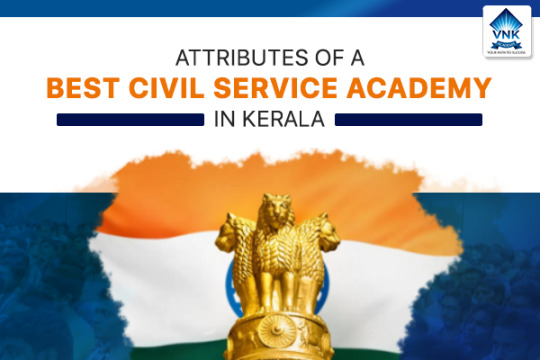
#ias academy palakkad#civil service academy palakkad#best chartered accountant coaching centre in Palakkad#best CA coaching centre in Palakkad#Best Prelims and Mains test series in Kerala#Best Malayalam Optionals classes in Kerala#best ias academy in Palakkad#Best Public Administration Optional Classes for UPSC in Kerala#Best Sociology optional classes in Kerala#top civil service coaching centres in kerala#best company secretary course in kerala#best ias academy in kerala#best civil service coaching centre in kerala#ias coaching centre in kerala#top 10 IAS Coaching Institutes in Kerala#chartered accountant coaching centers in kerala#kerala ias academy#best civil service academy in kerala#kerala civil service academy fees#best online test series for upsc prelims#best test series for upsc prelims#sociology optional online classes#ias coaching centre in trivandrum#IAS coaching in Mumbai#best upsc coaching in Mumbai#top ias coaching in Mumbai#best IAS coaching in Mumbai#top upsc coaching in delhi#upsc coaching center in delhi#best ias coaching center in delhi
0 notes
Link

#ias academy palakkad#civil service academy palakkad#best chartered accountant coaching centre in Palakkad#best CA coaching centre in Palakkad#Best Prelims and Mains test series in Kerala#Best Malayalam Optionals classes in Kerala#best ias academy in Palakkad#Best Public Administration Optional Classes for UPSC in Kerala#Best Sociology optional classes in Kerala#top civil service coaching centres in kerala#best company secretary course in kerala#best ias academy in kerala#best ias coaching centre in kerala#best civil service coaching centre in kerala#kerala civil service academy fees#best online test series for upsc prelims#best test series for upsc prelims#upsc coaching center in delhi#best ias coaching center in delhi#ias coaching center in Delhi
0 notes
Text
BEST PUBLIC ADMINISTRATION OPTIONAL CLASSES FOR UPSC IN KERALA
Public administration is considered the most popular optional subject that a candidate can opt for in the UPSC civil services exam. In the year 2012, it was seen that at least 50% of the successful candidates had opted for Public Administration as their optional subject. But, more importantly, many students feel that taking Public Ad as an optional subject may help them secure a higher rank. Even let them clear the civil services exams, but this might not turn true for those students who may not be on the right way of preparing it. Thus, passing the UPSC examination tends to be difficult, but if you are equipped with the right approach and have clarity in the topics you study, no difficulty can separate you from your dreams. Read more...
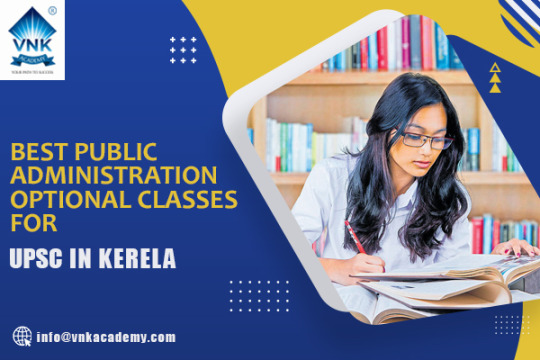
#Best Public Administration Optional Classes for UPSC in Kerala#Best Malayalam Optionals classes in Kerala#Best Sociology optional classes in Kerala#sociology optional online classes
0 notes
Text
6 TOP REASONS TO CHOOSE SOCIOLOGY OPTIONAL FOR UPSC EXAMS
Studying society deeply is sociology. Throughout our lives, we have been studying society unconsciously since our birth. However, the sociology study provides an understanding of the genesis, evolution, and reasons for the relevance of concepts like caste, religion, and family within society. If you happen to be living anywhere in India, several IAS institutes can help you out. VNK academy is one such institute that provides the best Sociology optional classes in Kerala. Read more...
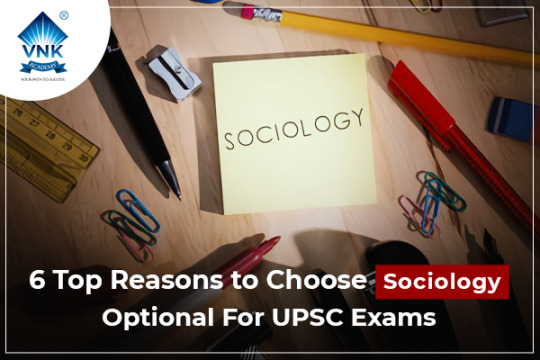
#Best Sociology optional classes in Kerala#sociology optional online classes#Best Malayalam Optionals classes in Kerala#Best Public Administration Optional Classes for UPSC in Kerala
0 notes